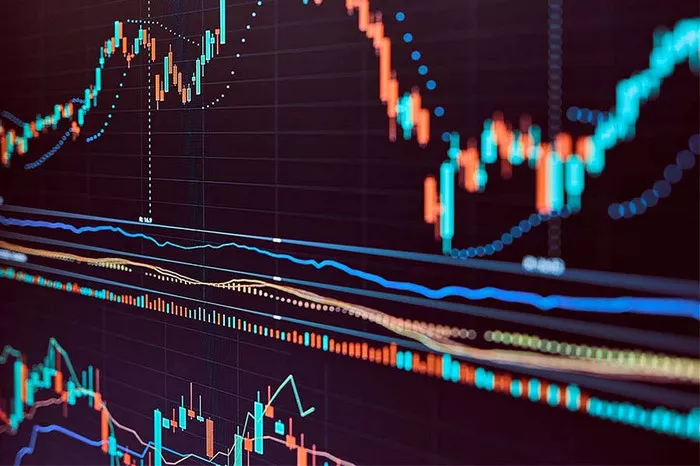In the ever-evolving landscape of finance, stock futures serve as a vital barometer for gauging market sentiment and projecting potential market movements. These derivatives provide investors and traders with insights into how the market is likely to perform in the future.
Understanding Stock Futures
Stock futures are financial contracts that allow investors and traders to speculate on the future price of an underlying stock. These contracts obligate the parties involved to buy or sell the stock at a predetermined price on a specified future date. Stock futures serve as a mechanism for hedging risk, speculating on market trends, and making informed decisions about market exposure.
The Role of Stock Futures in Market Assessment
One of the primary functions of stock futures is to provide insights into market sentiment and potential market movements. When traders and investors examine the performance of stock futures, they gain an understanding of how market participants are positioning themselves. If stock futures are performing well, it suggests that market participants have a positive outlook on the market’s future trajectory.
Influence of Economic Indicators
The performance of stock futures is closely intertwined with economic indicators and data releases. Events such as employment reports, GDP figures, and inflation data can significantly impact market sentiment and subsequently affect stock futures. Positive economic data often leads to optimism in the market, potentially boosting stock futures as investors anticipate a favorable economic environment.
Earnings Reports and Stock Futures
Earnings reports from publicly traded companies play a crucial role in shaping the performance of stock futures. Strong earnings reports often lead to increased investor confidence, which can reflect positively on stock futures. Conversely, disappointing earnings reports might lead to cautious investor sentiment and potential declines in stock futures.
Market News and Geopolitical Developments
Stock futures are highly responsive to breaking news and geopolitical developments. Global events, political decisions, and unexpected news can create sudden shifts in market sentiment, influencing the performance of stock futures. Traders and investors closely monitor news to gauge how these factors might impact their trading decisions.
Stock Futures and After-Hours Trading
Stock futures operate beyond regular market hours, providing a window into market sentiment outside of the traditional trading session. After-hours trading allows investors to react to news and events that occur outside of the market’s official hours. The performance of stock futures during these extended trading hours can provide valuable insights into how the market might open on the following trading day.
Global Market Impact
The performance of stock futures is not limited to a single market or region. Global economic interconnections mean that events in one part of the world can impact stock futures in other regions. Traders and investors monitor the performance of stock futures in different markets to anticipate how international events might reverberate across the global financial landscape.
Market Volatility and Risk Perception
Stock futures are also sensitive to market volatility. Higher levels of volatility can lead to more significant price swings in stock futures. Investors might interpret increased volatility as an indication of uncertainty or potential market turbulence. Conversely, periods of low volatility might suggest a calmer market environment and influence investor behavior.
Using Stock Futures for Investment and Hedging Strategies
Investors and traders use stock futures as tools for both investment and risk management strategies. By analyzing the performance of stock futures, investors can make informed decisions about portfolio allocation and sector exposure. Additionally, stock futures provide opportunities for hedging against potential losses in other parts of the portfolio.
Conclusion
Stock futures serve as a valuable lens through which investors and traders gain insights into market sentiment, trends, and potential future market movements. The performance of stock futures is influenced by a myriad of factors, including economic indicators, earnings reports, geopolitical events, and market news. By closely monitoring stock futures, market participants can make more informed trading decisions and better navigate the complexities of the financial markets. Whether used for speculation, risk management, or market assessment, stock futures remain an integral part of the broader financial ecosystem.


